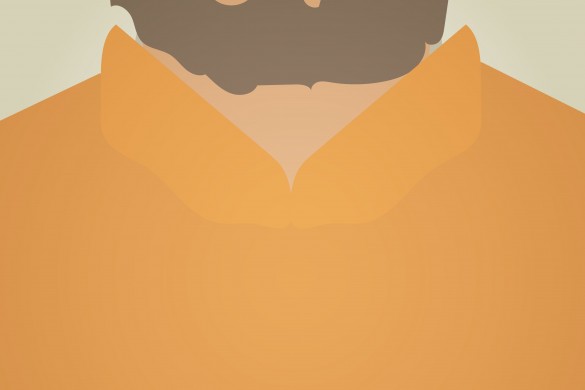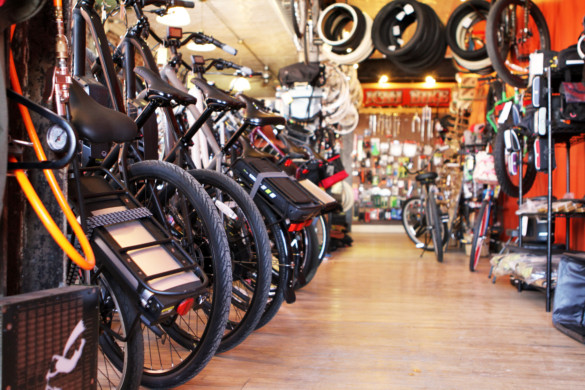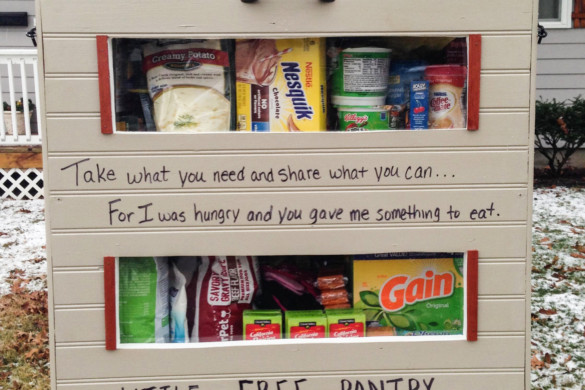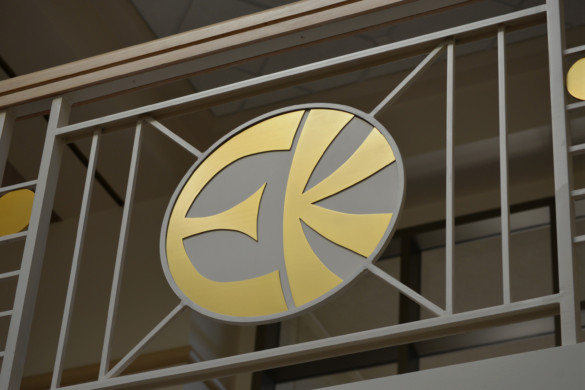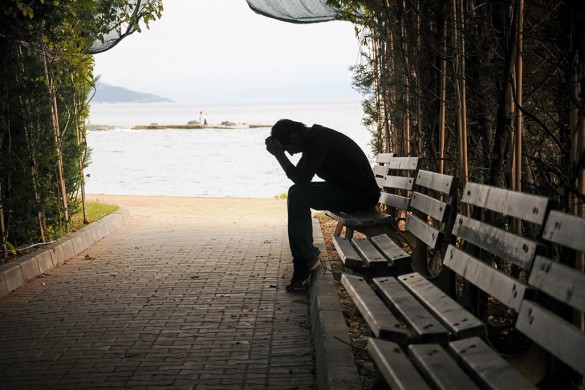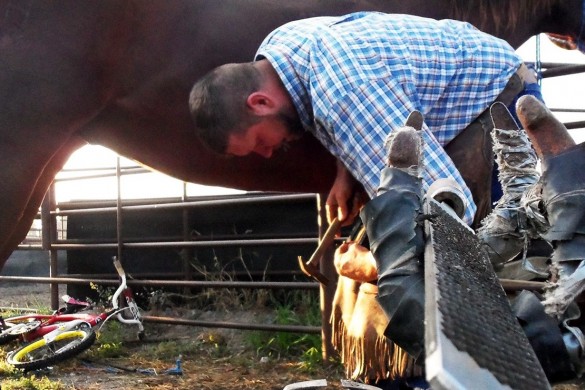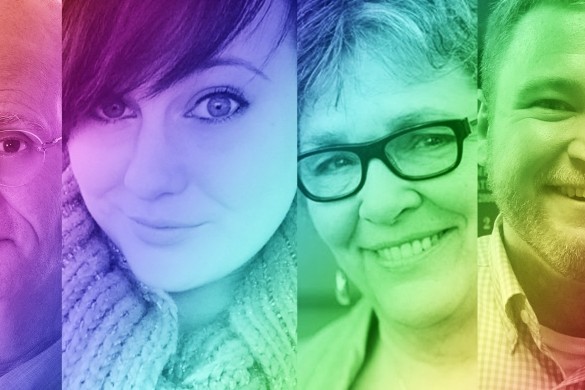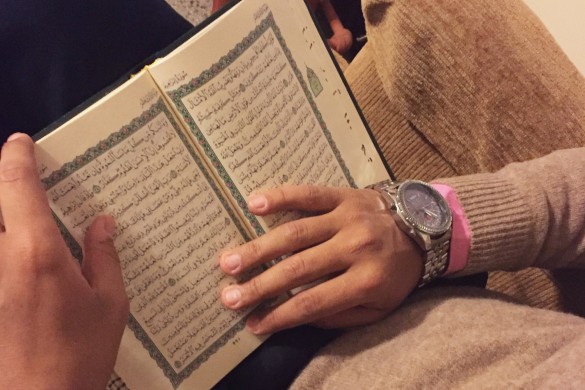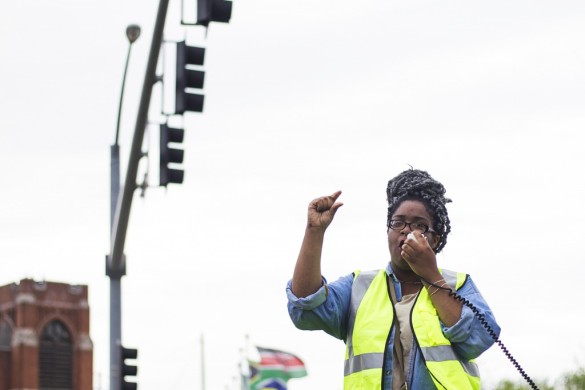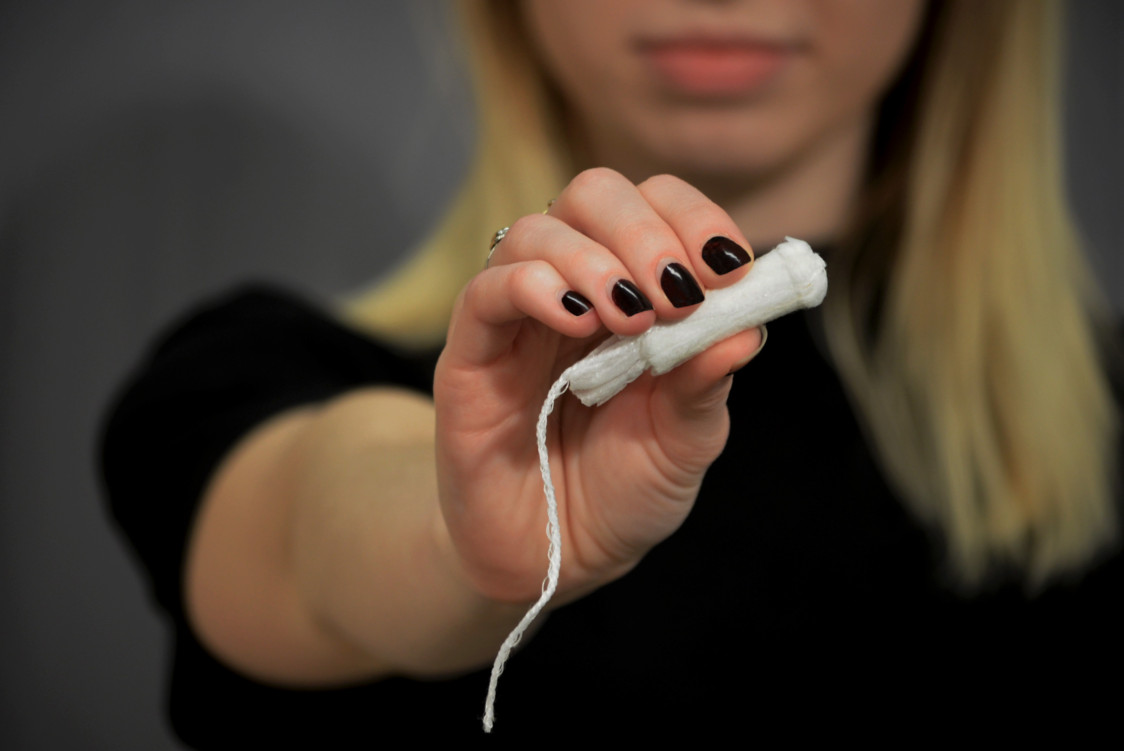
Photo by Allison Trebacz
Periods are natural—-and expensive. But programs across the country are working to make the experience a little easier
Words by Maggie Dickman
Periods suck. They’re even worse when you don’t have the supplies you need. Holly Sanchez can vouch for this.
When she was working at the Bridge Transitional Housing Program, a transitional housing program for women and children in Northern Iowa, Sanchez realized that the struggles impoverished people face extend beyond feeding themselves and their families.
Sanchez figured out that when a person gets their period, gaining access to products like pads and tampons is easier said than done if they don’t have resources. A box of tampons is more expensive than most loaves of bread, and many people cannot afford either.
“[The Bridge] first introduced me to this idea of homelessness being pervasive, even in communities where you think it wouldn’t be,” Sanchez said. “We had a lot of trouble procuring donations for things that were necessary, but that people don’t think of. One of those things is tampons. We had probably five boxes when I got there, and eight women.”
Sanchez knew that wouldn’t cut it, so she dedicated time and a series of tweets to learning more about the issue.
When she moved to Chicago for grad school at the DePaul University College of Law, her interest in the issue only piqued. She did research and got involved in sanitary product drives, but it was a 140-character tweet that had the greatest effect. “Buy an extra box of pads/tampons & donate to a homeless shelter near you. These items are so often overlooked,” she wrote.
Buy an extra box of pads/tampons & donate to a homeless shelter near you. These items are so often overlooked.
— Holly Sanchez (@HSanchezPerry) June 8, 2016
Because the Internet can be a beautiful thing, the brand U by Kotex saw the Tweet and wanted to work with Sanchez to make a change. And thus Power To The Period Donation Drive, a national effort that works to change the way we support and think about the needs of the homeless, was born.
Several other organizations and individuals have jumped on the campaign to promote and increase period product donations, including YouTuber Ingrid Nilsen and DoSomething.org. And if the numbers prove anything, it’s that this movement is needed.
In America, more than one in eight women live in poverty, according to the National Women’s Law Center. That’s approximately 16.9 million people. More than 45 percent of those women live at or below 50 percent of the federal poverty level for a single person household. That’s an income under $5,940 per year.
Those living in poverty lack the most basic necessities—shelter, food and clothing, to name a few. Yet Jean Marie Place, Assistant Professor of Health Science at Ball State University in Indiana, said that without access to proper medical care, the most basic life tasks become extremely difficult. Health, both physical and mental, is the root of everything.
“You’re working irregular hours, or you’re working multiple jobs. It’s tough to access doctors’ clinics,” Place said. “It’s tough to make an appointment, and that’s not even addressing whether or not you have insurance.”
It all has to do with access, and many of the most basic needs aren’t covered by insurance—particularly, monthly period products. Pads, tampons and panty liners run from $4 to $9 per box, and Aunt Flo comes approximately once a month. This expense is just part of it. After factoring in the price of washing clothes or bedding if there’s a leak and purchasing the necessary undergarments and any products that can be used to help with the cramps, you’ve racked up quite a bill.
Along with the need for the period products themselves, learning how to manage their menstrual flow is just as important. Better education will help people embrace their bodies and figure out how to find power in the natural process.
“The lack of menstrual products can really keep women away from school or productivity in school,” Place said. “But school and education is precisely what’s needed to get rid of the stigma and to increase better access to these sort of products.”
The lack of menstrual products can really keep women away from school or productivity in school.”
-Jean Marie Place
That’s why the period project is articulating the importance of helping people in poverty who have periods. And donors have responded.
The first-ever Power to the Period nationwide drive collected 585,965 individual product donations from 50,259 participants.
“This drive is a really well-publicized idea because the work is on the people who are participating in it,” Sanchez said. “To collect the donations, to find the shelters that need the donations, and then hopefully to have this relationship with the shelter now that they continue to build on.”
Becky Erdmann, the executive director of The Bridge, worked with Sanchez when her eyes were just being opened to the pivotal period issue. Erdmann has been working in the housing program for almost six years, though with women and children more generally for 10 years. If she’s noticed any trend, it’s that the need for menstrual supplies is ever present. When school starts up every fall, the program sees the most donations in period products—students are generous with their gifts to the shelter. But even donations in bulk only go so far.
“We had volunteers sorting through those boxes, and that’s probably when it hit me, like, ‘This is a need,’” Erdmann said. “You don’t necessarily think that much of [pads and tampons] because most people have access to those things.”
Erdmann is grateful for any exposure the Power to the Period program can bring to people in poverty who need this most basic support. Raising awareness through the project is just the start to a movement that could change the way people in need live.
“I’m really just so thankful to see attention being brought to what can be a forgotten or dismissed population about dismissed products and needs,” Erdmann said. “With the population that we specifically serve at The Bridge, that brings attention to them, too.”
And a little attention is all this program needs. “I mean, it’s an extra $5 for you when you go to the store,” Sanchez said. “But it can be a huge impact for someone else.”


